BuildingBridges Across the Partisan Divide
Global Citizen Journey is working with Transpartisan Alliance-Seattle to discover ways to build a civil bridge across the huge gap between us –left and right, progressive and conservative. By coming together in an ongoing way, with monthly Salons, participants gain a better understanding of each other’s thinking, perceptions, and perspectives. We are seeking areas of common interest and identifying ways in which we can act together as a Citizen’s Assembly.
**A valuable resource:Watch an enlightening video that gives insight into the fundamental values of left and right: Ted Talk: Jonathan Haidt on the moral roots of liberals and conservatives
**Dialogue Across Ideological Dividesby DeAnna Martin & Susan Partnow
Do you wonder why dialogues seem to narrowly attract “progressives” and especially of a certain age, white, and middle class? At the 2008 National Conference on Dialogue and Deliberation, DeAnna Martin and Susan Partnow attended a panel of speakers who consider themselves “conservatives” to help us understand. Here are some of the things we heard and lessons learned: they yield much to ponder for endeavors to bridge our many divides
First, there are concerns and fears that tend to turn conservatives off to dialogue. These fears create barriers to showing up if conservatives feel they have to:
Give up the Truth… If dialogue assumes all truths are relative, it is an unwelcome environment for someone who has fundamentalist convictions about right and wrong.
Be coerced towards some hidden agenda… Questions come up about what the ultimate goal of dialogue really is: to convince me of something? To get me involved in some sort of larger social change? Is there really an authentic space for conservative views?
Be changed… perhaps this is connected to a hidden agenda to convince me that my views are wrong?
One way that individuals in the evangelical community have found their way through these fears is by engaging in what they call, “Convicted civility.” Individuals engage in dialogue, sharing candidly about where they are convicted, from their place of The Truth, while the other seeks to understand – ‘living the friendship, not the argument.’ (Learn more: Greg Johnson, professing Christian, and Robert L. Millet, lifelong Mormon, co-authored Bridging The Divide: The Continuing Conversation Between A Mormon And An Evangelical, c. 2007)
We learned that conservatives may be turned off by how the dialogue is framed. Particular triggers for conservatives are words like:
- · “sustainability” – is there some intent to coerce me to become an environmentalist?
- “global warming” – versus a more conservative framing “energy security”
- “community organizing” – is code for someone telling me what to do, I don’t need to be organized
- “consciousness” – should only be used in a boxing match to assess is he conscious or not…
- “progressive” – implies you’re more evolved than me, I’m stupid
- “grassroots” – must mean a Trojan horse end-run around the system
- “civic engagement” – must be some kind of agenda you want everyone to get involved in
Second, there are certain values that shed light on what conservatives find important. By looking at these we can understand better how to appeal across divides to bring people together. Some of the values expressed by panelists were:
- Self-Governance – I am responsible for myself, my family and my community all within a democratic republic
- Personal Responsibility – when dialogues emphasize government as the only answer, rather than each of us making up our own minds about how we can take care of ourselves, our families, and our neighbors
- Voluntary Cooperation – coercion of any kind, whether that be an expectation to come up with something we all agree to or a hidden agenda to convert, is the antithesis of this
So let’s consider these insights as they relate to how we approach our many dialogue efforts.
Frame & Identify Issues We Have in Common
Dialogue can be framed as a desire to understand and know each other and must include all aspects of the self, including religious values. We must find nonpartisan issues we all care about, such as transparency, integrity, and accountability. These issues might stem from where there is a felt need to link political will with deliberation, then be careful about how decision makers are involved in the cycles of discussion and be transparent about everyone’s commitment and role in the process.
Be Careful about Liberal Blind Spots
Taking our cue from the trigger words shared previously, we must find language that doesn’t assume we intend to evolve people to a particular end, organize them, or that limits our scope for what and who is ultimately responsible. Cultivate humility… Be willing to let go of our own agendas and accept that we have more to learn and understand.
Define Dialogue as Part of Broader Civic Engagement
Respect that each of us is self-governing and we are self-governing together… Be open to seeing the free market as civic engagement, i.e. in a free market businesses are figuring out what people want and providing it. Dialogue in our civic engagement is about integrating the values of the republic with the needs of the republic.
Emphasize Non-Coercive Outcomes
Dialogue as an end in itself, not about reaching some pre-determined outcome. Just the talking is valuable without the pressure to generate some kind of agreement or shared outcome. Sell the mapping of the issues, rather than an outcome… deeper understanding, empathy, and connection to what this issue looks like from many perspectives. So the outcome is discovery. Mutual respect and appreciation – humanization. Self understanding to be more personally responsible. Emphasize that it’s not about seeking change.
Demonstrate Value in Terms of Enhancing Social Capital
Dialogue creates opportunities for connections where none existed before, which builds the health and vitality of a community – essential to safety and security. Express how conversations with others gives life to the expression, “Love thy neighbor as thyself.”
Listening to our Conservative speakers and panelists was stimulating, mind opening and humbling. We hope sharing these thoughts with you will serve us all in broadening our conversations to include more diversity of thought, which will ultimately serve us all in moving forward in this complex world.
DeAnna J Martin
Executive Director | Center for Wise Democracy | 206-459-8429 | deanna@wisedemocracy.org | www.WiseDemocracy.org
Senior Associate | Jim Rough & Associates, Inc. | 206-965-8498 | deanna@dynamicfacilitation.com | www.DynamicFacilitation.com
Susan Partnow
Co-Founder, Conversation Week www.conversationcafe.org
Founding Director, Global Citizen Journey www.globalcitizenjourney.org
Sr. Facilitator, Compassionate Listening, www.compassionatelistening.org

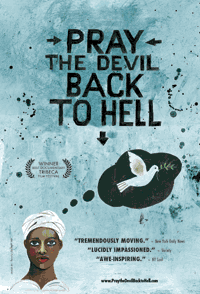
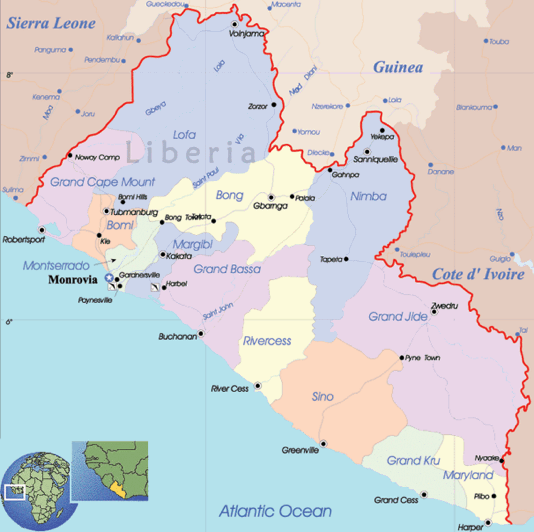
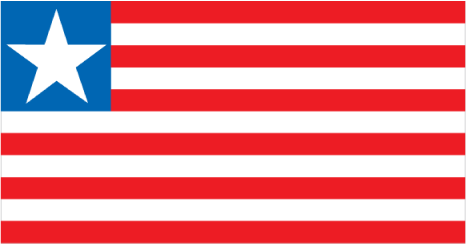
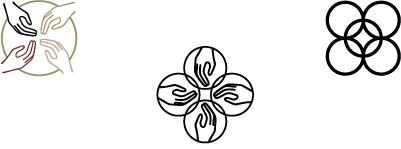
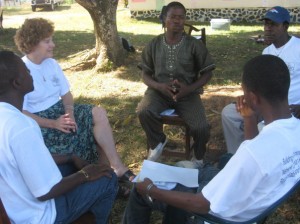
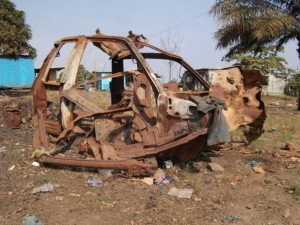
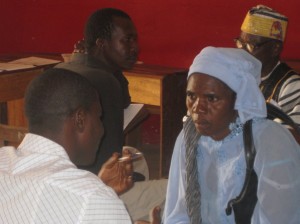
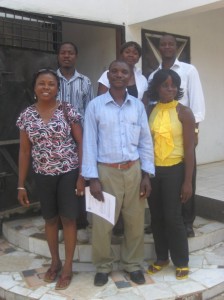
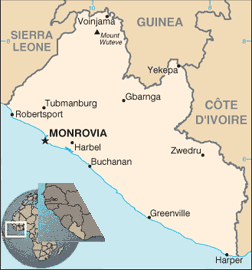

 t.
t. Niger Delta in 2005 who has not only maintained the
Niger Delta in 2005 who has not only maintained the e high school students at
e high school students at arentless)
arentless)











